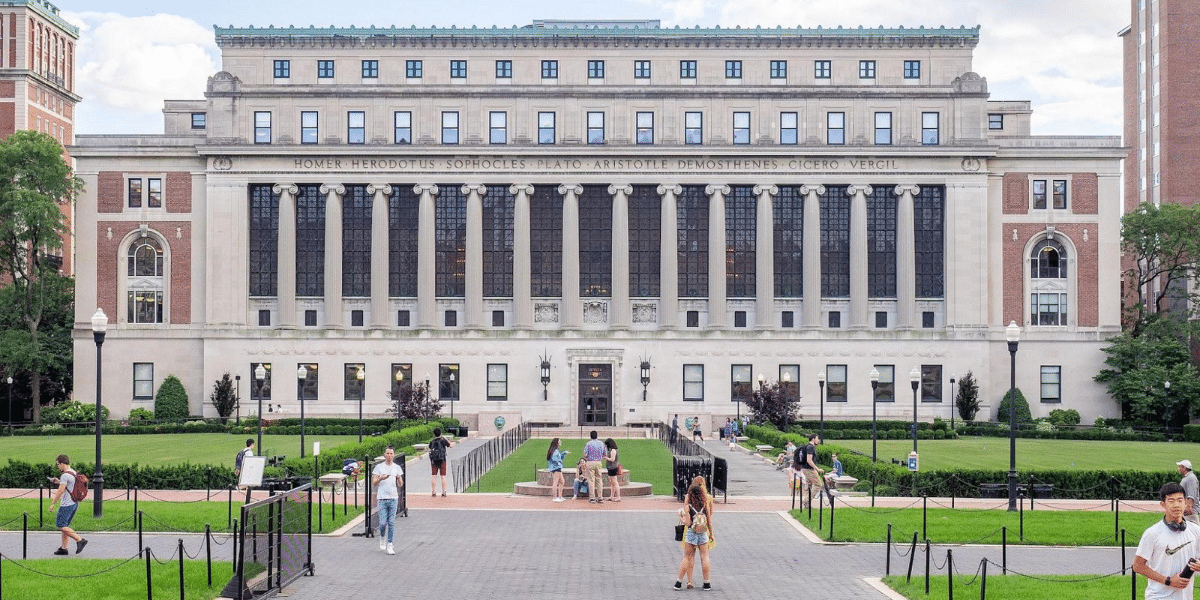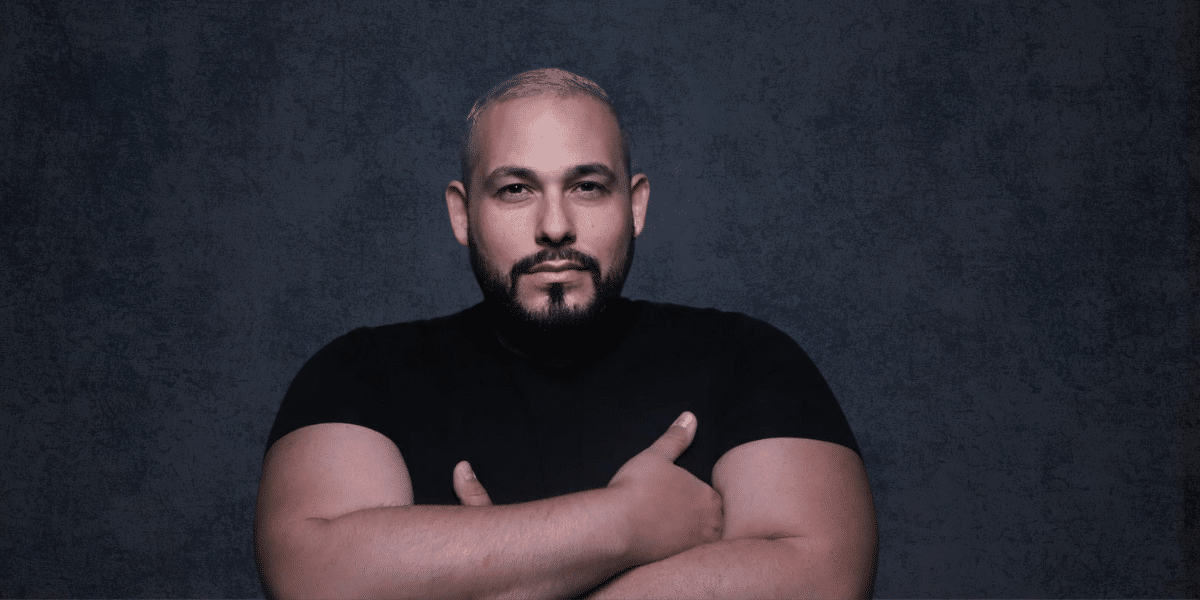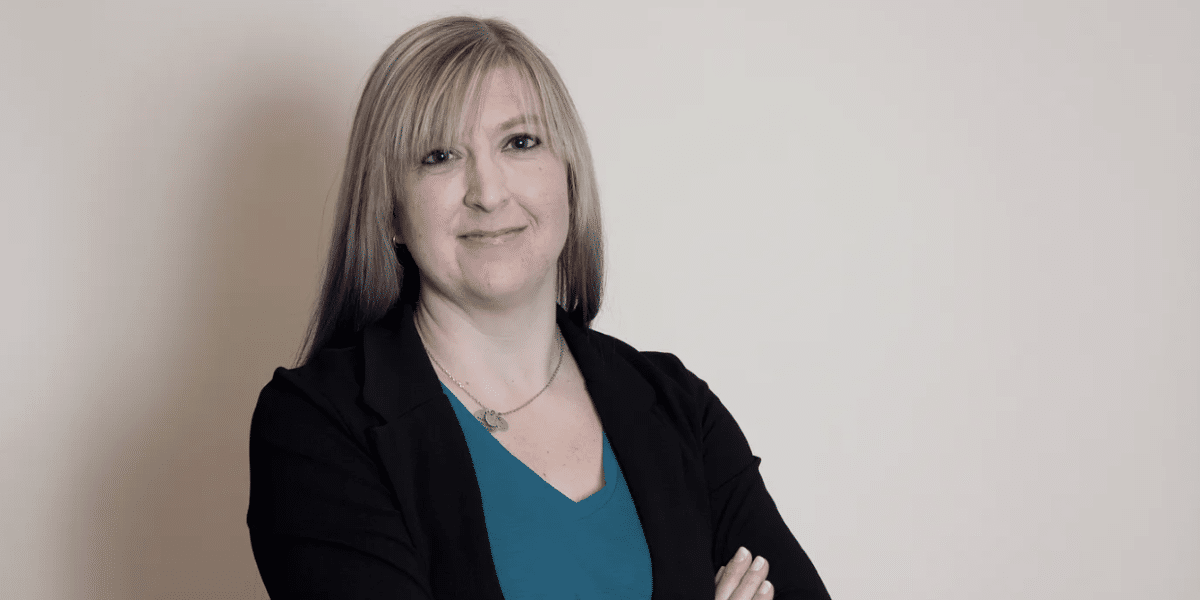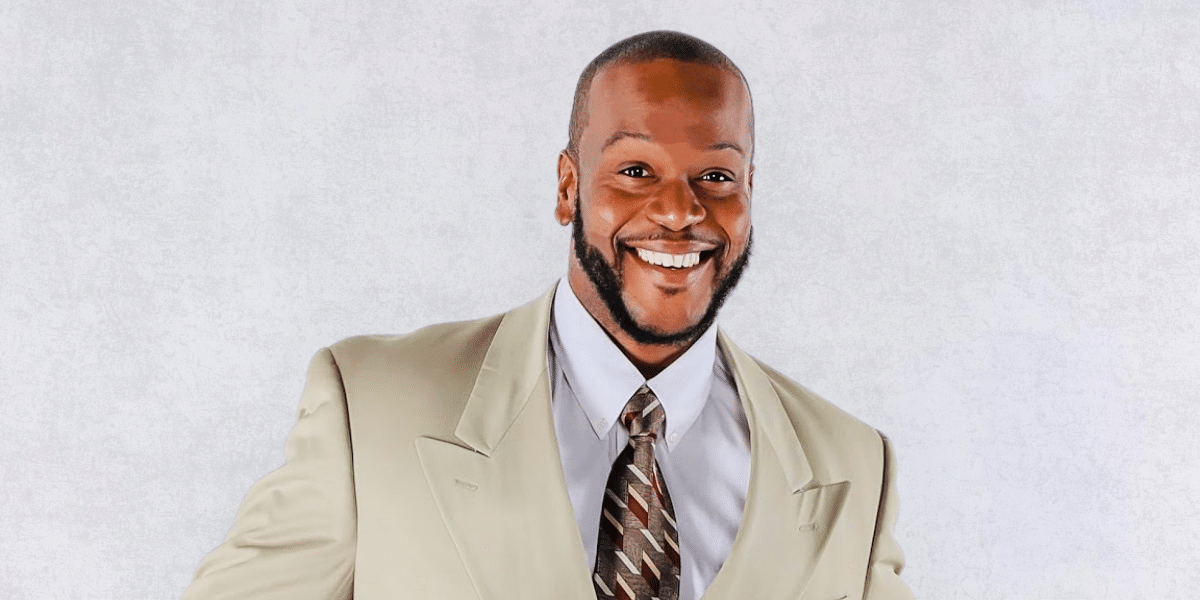In a groundbreaking exploration, Dr. Alireza Panahpour, esteemed dentist and visionary healthcare advocate, sheds light on the profound intersection of nutrition and dental wound healing. Delving into the intricate process of wound healing, Dr. Panahpour outlines the crucial phases that demand energy, cellular activation, and a comprehensive understanding of nutritional dynamics.
Wound healing, a complex journey encompassing coagulation, inflammation, fibroplasia, and remodeling, requires meticulous attention to the cellular and biochemical activities involved. Dr. Panahpour emphasizes the importance of timing in the activation of chemical mediators and the influx of essential substances, highlighting the significant energy expenditure needed for building new cells.
To underscore the necessity of a complete nutritional consultation, Dr. Panahpour points to a recent survey published in Scientific America, revealing alarming deficiencies in vital vitamins and minerals within the general US population. The data indicates deficiencies as follows:
Vitamin A = 34% deficient
Vitamin C = 25% deficient
Vitamin D = 70% deficient
Vitamin E = 60% deficient
Calcium = 38% deficient
Magnesium = 45% deficient
Recognizing nutrition as a critical component in wound healing, Dr. Panahpour presents a comprehensive view of the cellular and biochemical intricacies involved. From basic nutrients, amino acids, and proteins to minerals, healthy fats, carbohydrates, micronutrients, macronutrients, and electrolytes, the multifaceted process demands a nuanced understanding.
Key Facts:
Daily Energy Requirement: A healthy individual requires 30-35 Kcal/kg of body weight, while advanced trauma demands an average of 35-40 Kcal/kg daily.
Protein Loss: Prolonged fasting or severe trauma can result in the loss of 60-70g of protein per day, impacting collagen synthesis and leading to altered and delayed wound healing.
Neuro and Vascularization Impact: Lack of neuro and vascularization can elongate the inflammation phase, decrease collagen synthesis, and impair the mechanical strength of the skin.
Highlighting the nutritional importance in wound healing, Dr. Panahpour emphasizes that optimal nutritional supply is essential for proper recovery. Key elements include:
Proteins: Essential for a healthy immune response and collagen synthesis, playing a pivotal role in the healing process.
Fatty Acids: Serve as substrates for eicosanoids synthesis, promoting the inflammatory process crucial for wound healing.
Vitamin C: Essential for collagen synthesis, immune response, cell mitosis, and monocyte migration into wounded tissue.
Zinc: A cofactor in enzymatic reactions, crucial for biosynthesis of RNA, DNA, and associated proteins.
Iron: Essential for enzymatic reactions, particularly in collagen synthesis and oxygen transport for wound healing.
Vitamin D: Plays a vital role in the creation of antimicrobial peptides, promoting the immune system’s ability to fight infections.
Vitamin A: Essential for wound healing, suppressing fibroblast in cell culture, and initiating macrophages for reparative roles.
Magnesium: Essential for controlling blood pressure and arterial and venous contraction, with its lack associated with dehydration affecting wound healing.
Calcium: Necessary for blood clotting due to its role in fiber synthesis.
Vitamin E: A potent antioxidant that decreases inflammation in wound healing and promotes immune function.
In conclusion, Dr. Alireza Panahpour’s comprehensive review underscores the intricate link between nutrition and wound healing. To ensure patients’ best recovery, he advocates for a well-balanced diet and supplementation of essential nutrients. Recognizing the critical role nutrition plays in dental wound healing, Dr. Panahpour calls for a heightened awareness among healthcare professionals and patients alike.
Learn more about Dr. Alireza Panahpur, visit his official website.








